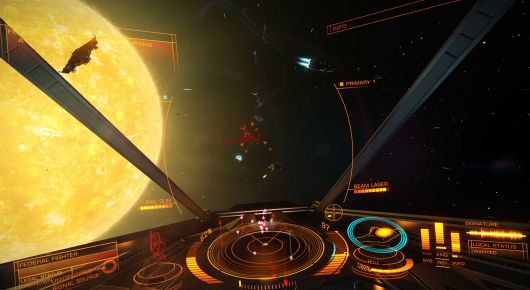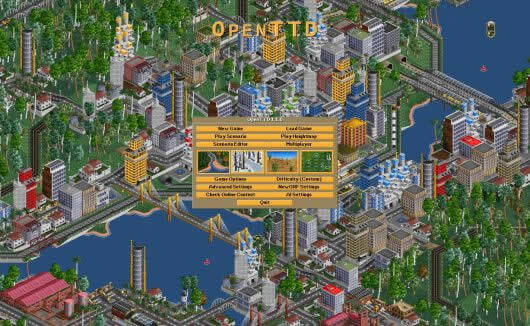Planescape Torment Download Abandonware Windows
The storyline for Betrayak at Krondor was not originally written by Feist, but was written into a novel by Feist in Krondor: The Betrayal which was the first title in the Riftwar Legacy trilogy. The last novel in the book trilogy was also based on the video game sequel to Betrayal at Krondor titled Return to Krondor which was released in 1998. Betrayal at Krondor Game Play The gameplay in Betrayal is a mix of first and third-person gameplay perspective, with general adventuring and travel being played from the first person point of view switching to third person grid view for combat. In addition to the adventuring and combat game modes, Betrayal at Krondor also features a two-dimensional campaign map view with major locations and terrain marked to give players a sense of where they are in the campaign world.
The storyline in Betrayal at Krondor is split into nine different chapters each with their own set of linear objectives but players are free to travel in the unlocked regions of a particular chapter completing side quests to gain experience and increase abilities, upgrade weapons and more. Character attributes such as health, speed, stamina, and strength are all used to determine game mechanics such as how much damage they can deal, movement rate/speed and spell casting. Player characters will be part of an adventuring party that can consist of up to three characters at any one point in time. Players also have the option to choose from six different pre-generated player characters.
Planescape Torment Demo
Three of the six player characters are fighters while the other three characters are magicians/wizards. A character's skills are represented as a percentage based ability which can be customized by players and offer a unique approach to their development. Rather than follow the typical role-playing game format where skills are improved by leveling, skills in Betrayal at Krondor are improved by actually using the skills during the game. Skills include defensive, attack/combat, accuracy, weapon repair, lock picking and many more. Player characters can also find various items and effects that can improve health and skills. Betrayal at Krondor was well received by players and critics alike and become a commercial success and was one of the first computer role-playing games that was developed with three-dimensional graphics. The game has also been released a number of times in various formats since its original 1993 release.
Betrayal at Krondor was made available for free download in 1997 through Sierra's website as a promotion for the non-canon spiritual successor, Betrayal in Antara which is non-canon and not set in the Riftwar universe. The game is no longer available through Sierra and it has been noted on a few sites that Vivendi, the current copyright holder, has not granted permission for free distribution of the game. That being said many third party sites have the original MS-DOS version listed as and make it available for download.
This version would require the use of an MS-DOS emulator such as DOSBox does sell a version that is compatible with current versions of Windows operating system which was released in 2010. Sequels & Spiritual Successors Despite the success and favorable reception of Betrayal at Krondor, the game only saw one sequel titled Return to Krondor which was released in 1998. This sequel was written into a novel titled 'Krondor: Tear of the Gods'. Return to Krondor met with considerably less success both critically and commercially. After Sierra lost the publishing rights for games set in Raymond Feist's Midkemia, they created a new game world and published what many consider to be the spiritual successor to Betrayal at Krondor in 1997's release of Betrayal in Antara. Download Links for Betrayal At Krondor → →.
Planescape Torment Download Game



Buy Planescape Torment Online
Planescape: Torment is a cRPG developed for Windows by Black Isle Studios. It takes place in Planescape, an Advanced Dungeons & Dragons (AD&D) fantasy campaign setting. The game's engine is a modified version of the Infinity Engine, which was also used for BioWare's Baldur's Gate. PT is primarily story-driven; combat is given less prominence than in most contemporary role-playing games. The protagonist, known as The Nameless One, is an immortal who has lived many lives but has forgotten all about them, even forgetting his own name.